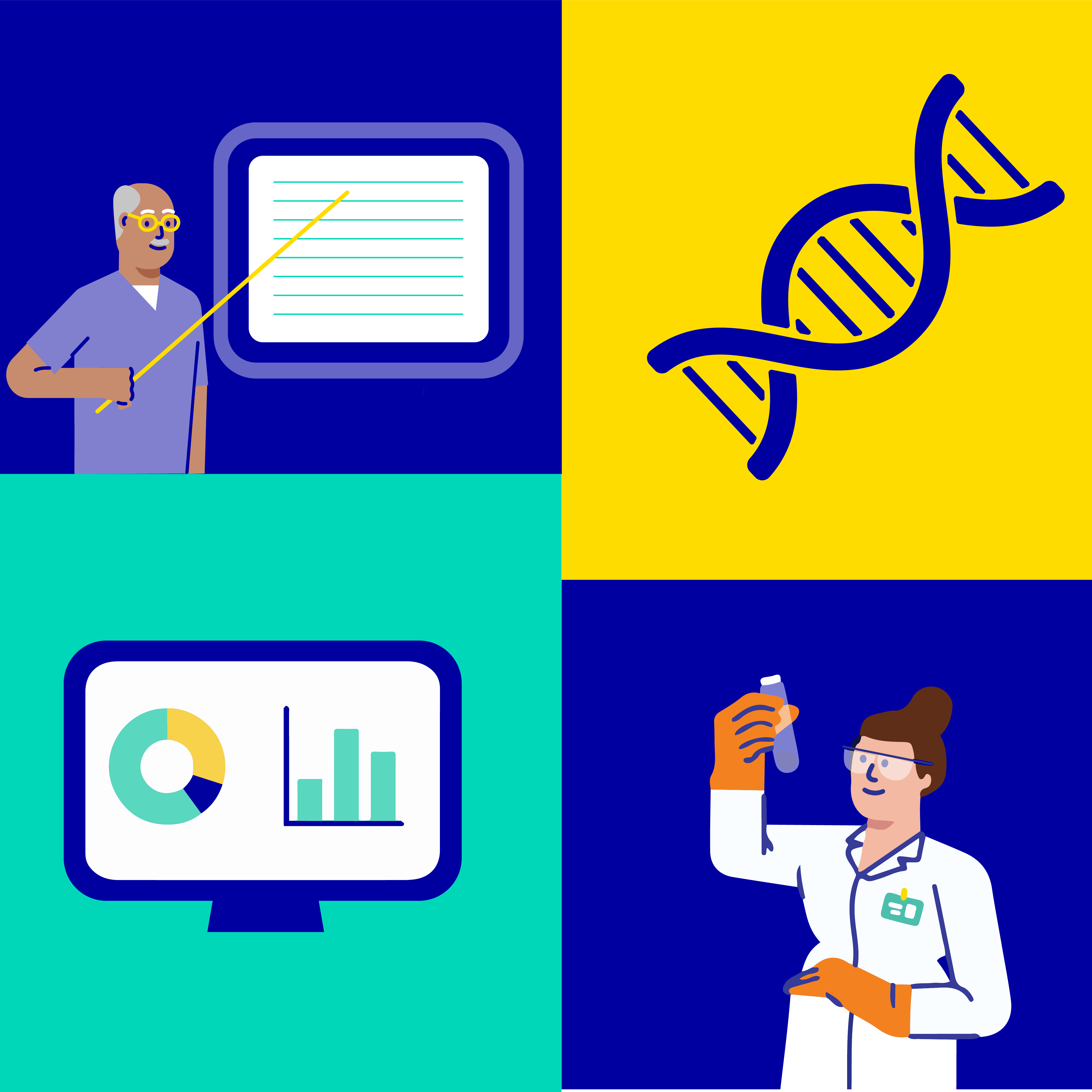Powerful messages — and provocations — were offered by Jean-Christophe Flatin, President of Innovation, Science, Technology & Mars Edge, and others at the 2019 Responsible Business Forum’s “Economics of Mutuality: Putting Purpose into Practice.”
The Forum’s fourth edition at the University of Oxford’s Saïd Business School brought together MBA students, business leaders and nonprofit organizations to create a movement behind management tools that can transform how businesses measure their value creation. Professor Colin Mayer from the Saïd Business School challenged attendees to consider the purpose of all business as “profitably meeting the needs of people and the planet.”
The event centered on the need to change current business practices — which focus largely on financial capital — to account for natural, social and human capital as well. The ultimate aim of this change is to increase capitalism’s positive impact on the world.
During the forum, academic experts, finance professionals, business leaders and students challenged traditional thinking and offered an optimistic view of what’s possible if we can create a more inclusive model of capitalism. In short, the aim is for businesses to look at the value they’re creating (or destroying) across people and planet.
Attendees including Mars Associates discovered more about how to apply the Economics of Mutuality to our own business. Members of our Mars Catalyst team also led joint sessions with Saïd students and other business leaders. Mars Catalyst is a think tank set up to explore new business management models based on mutuality. The collaboration between Saïd and Catalyst is the result of a unique and longstanding partnership to carry out research and teach Economics of Mutuality to grad level business students and executives.
During his keynote address, “The Power of Purpose in Business,” Jean-Christophe explained how adopting new business models are both a corporate duty and an opportunity.
“Mars hasn’t been in business for over 100 years by accident … we have reinvented ourselves many times, decade after decade,” he said. “The concept of mutuality isn’t new to us either. Forest Mars, Sr. introduced it in 1947 in a memo, saying the objective of our businesses is to create mutual benefit for all stakeholders.”
Today, we must continue to evolve to keep pace with unprecedented disruption and the increasing urgency of issues like income inequality and climate change.
“Our generation of leaders won’t be able to say we didn’t know about these issues and the role of business in creating them,” he said. “And having the duty to address them in the way we do business.”
Our Economics of Mutuality research uncovers and continually tests new strategies, innovations and practices that can help business positively impact people, planet and profit. Our mission now is to increase the reach and scale of our learnings — both within Mars and beyond, so we can collectively change business models for the better.
As a final point, Jean-Christophe called on corporate leaders — and the leaders of the future — to map their financial, human and environmental impact across the entire value chain, and harness cutting edge science and technology to set clear ambitions and goals.
“We must accept the discomfort of the truth, as well as the discomfort of bringing to life a new way of doing business,” Jean-Christophe said. “Our kids are watching us. And we won’t be able to tell them we didn’t know.”














